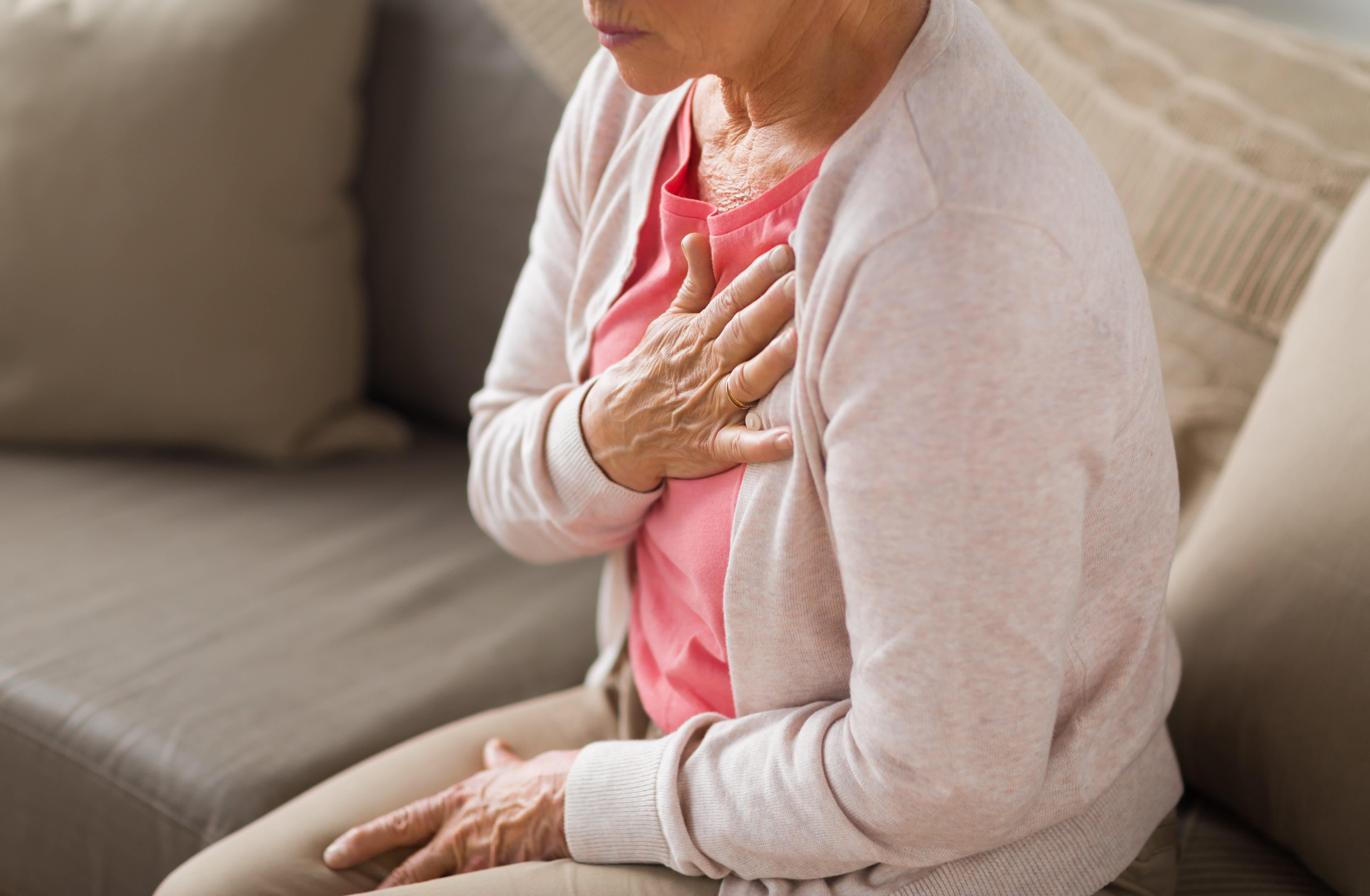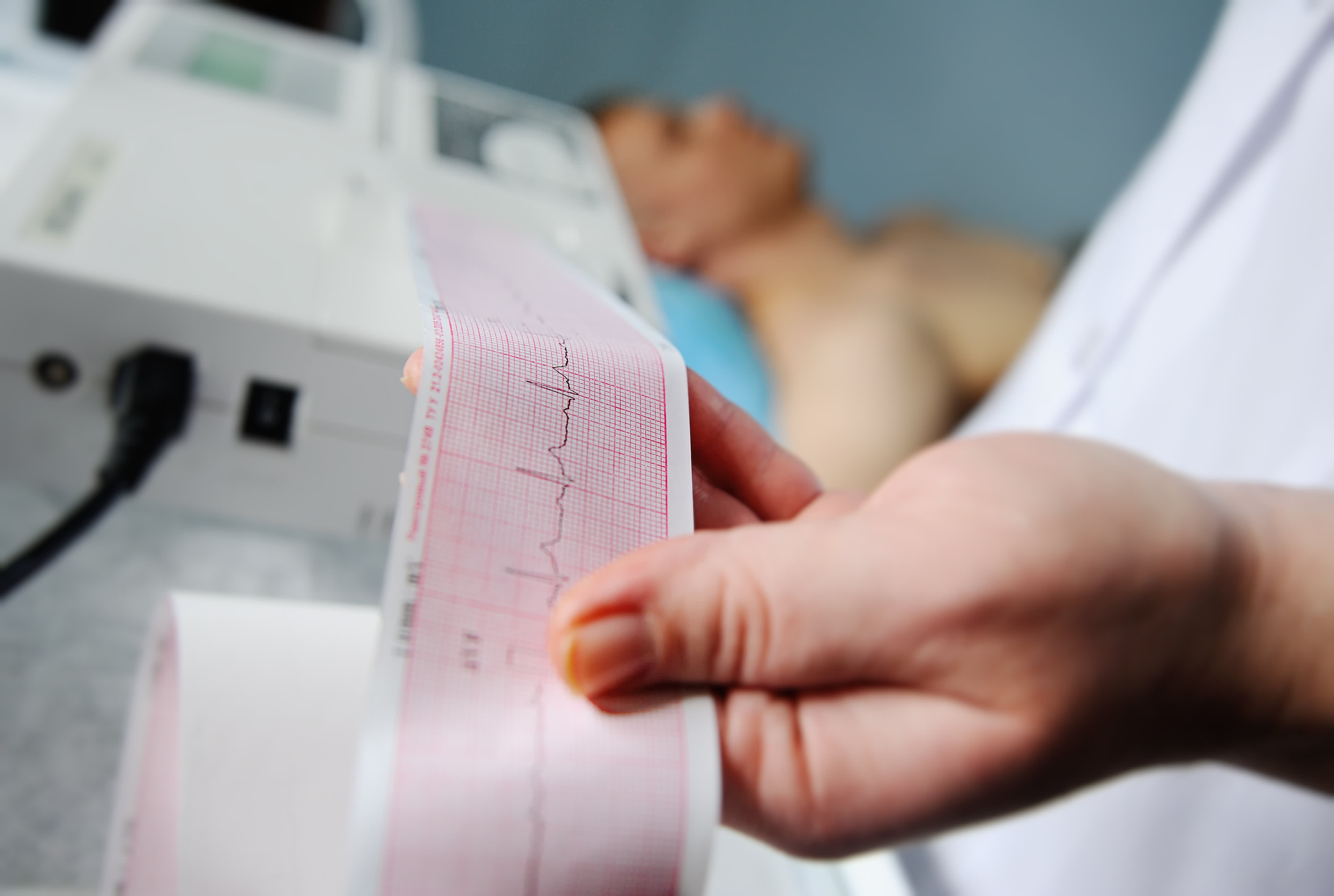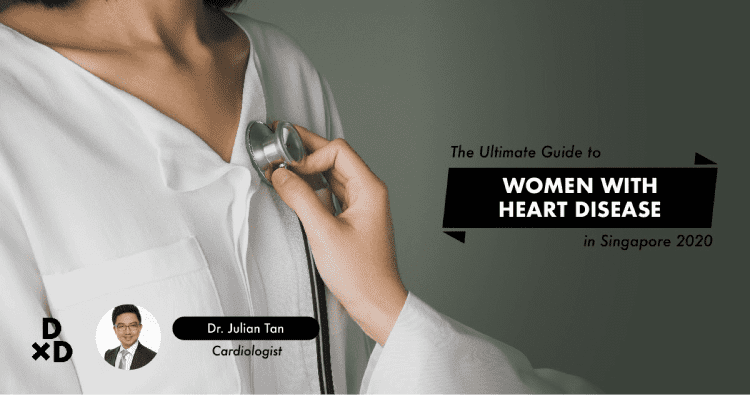In 2015, cardiovascular disease made up 29.6% of all deaths. That means in Singapore, almost 1 out of 3 deaths was due to heart disease or stroke. So if you are here, you might want some answers about cardiovascular disease.
In this article, I will talk about cardiovascular-related issues, such as:
- Risk factors
- Reduction
- My recommendation of your lifestyle, etc
What is cardiovascular disease (CVD)?
Cardiovascular diseases, or heart disease, is a disorder involving narrowed or blocked blood vessels that may cause heart attack chest pain (angina) or stroke. Certain heart disorders, such as those involving your heart muscle, valves or rhythm, also are considered forms of heart disease.
Disorders within the heart disease umbrella include blood vessel diseases, such as coronary artery disease, heart rhythm problems (arrhythmias), and heart defects you're born with (congenital heart defects), among others [1].
CVD is the leading cause of death in the US, causing about 1 in 4 deaths [2].
What are the cardiovascular risk factors?

High blood pressure.
High blood pressure is often called a “silent killer”. It is a significant risk factor for heart failure. This is a medical condition which occurs when the blood pressure in your arteries and other blood vessels becomes too high.
When not regulated, the high pressure will damage the body's heart and other main organs, including the kidneys and brain.
Unhealthy blood cholesterol levels
Cholesterol is a waxy, fat-like material that is produced by the liver or present in certain foods. Your liver provides enough cholesterol for your body, but we also get more cholesterol from the food we consume.
Diabetes mellitus
Your body needs sugar (glucose) for energy. Insulin is a hormone produced in the pancreas that helps transfer glucose from the food you consume to energy cells in your body. If you have diabetes, your body either cannot make enough insulin or it will not be able to use its own insulin as well as it can, or both [3].
Obesity
Obesity means your body has too much body fat. Obesity is related to higher levels of "poor" cholesterol and triglycerides and reduced levels of "healthy" cholesterol. Obesity can cause diabetes and high blood pressure, as well as heart disease. Speak to your health care provider about a strategy to get your weight back to healthier levels.
Smoking

Smoking is a significant cause of cardiovascular disease (CVD) and causes around one out of every four CVD deaths according to the 2014 Surgeon General's Smoking and Health Survey [4]. Smoking affects the heart and blood vessels very quickly, but for those smokers who stop smoking, the damage can be reversed. Also, long-term smokers will make fast changes in their health when they quit.
Family history
Cardiovascular disease has a genetic element, meaning that a family history of the condition is considered a risk factor. This usually applies if a first-degree relative developed CVD at what might be considered a relatively young age. This is the case if your father or brother diagnosed cardiovascular disease before the age of 55, or your mother or sister has it diagnosed before the age of 65.
Age
Older people are most likely to suffer cardiovascular disease. While the ageing cycle cannot be changed, you should live a healthy lifestyle to help reduce the risk of experiencing cardiovascular and circulatory conditions.
Ethnicity
Studies show an elevated risk of developing cardiovascular disease for people of South Asian, African or Caribbean origin [5]. Diabetes (Diabetes mellitus) seems to be more prevalent among these groups of people. Nonetheless, living a balanced lifestyle is widely recommended as a way for people from all backgrounds to help avoid the development of cardiovascular and circulatory diseases.
Gender
While cardiovascular disease might have been thought of as a ‘man's illness’, women's risk of cardiovascular disease has been underestimated and signs may go unrecognized, making detection and care more complicated.
While men and women share risk factors for cardiovascular disease, some may be more prevalent and/or significant for one sex or gender; for example, women with diabetes may be at a greater risk for some forms of cardiovascular disease [6]
At an older age, women tend to develop cardiovascular disease than men. While we are not sure of the reason why doctors think that this later age of onset in women is due to the hormone changes that follow menopause [7] [8].
What is cardiovascular risk reduction?
Reduction of cardiovascular disease risk revolves around major risk factors like high blood pressure, unhealthy blood cholesterol levels, and diabetes. While it is not possible to change some risk factors like age, ethnicity, family history, and gender, once again lifestyle improvement is key to avoiding cardiovascular disease.
What are your lifestyle tips to lower the risk of a heart attack or stroke?

Stop smoking
You’ve heard this before, but it’s worth repeating: You should stop smoking. This is difficult and you can ease the difficulty by joining a support group. Just keep in mind that recovery from a heart attack or stroke or dealing with cardiovascular disease is harder.
Choose nutritious food
A balanced diet is one of the best weapons against cardiovascular disease.
Many controllable risk factors can be affected by the food you consume: cholesterol, blood pressure, diabetes and being overweight. Consider diets that are high in vitamins, minerals, fibre and other nutrients but are lower in calories. Choose a diet that emphasizes vegetables, fruits, and whole grains intake, including:
- Low-fat dairy products
- Poultry
- Fish
- Legumes
- Non-tropical vegetable oils
- Nuts
Limit intake of:
- Sweets
- Sugar-sweetened beverages
- Red meats.
Be physically active every day
A study has found that moderate-intensity physical exercise for at least 10 minutes a week can help reduce blood pressure, lower cholesterol, and keep your weight healthy [9]. Start now if you are inactive. Even exercising for only a few minutes can be the start of a good life habit.
Aim for a healthy weight
Fad diets and supplements do nothing for you. All you need is a good diet and physical exercise to keep a healthy weight. Obesity places you at risk for high levels of cholesterol, high blood pressure, and insulin resistance.
Reduce stress
Stress is part of normal life. However, constant exposure to high enough levels of stress results in the hormone cortisol being released. Studies show that high cortisol levels from long-term stress will increase cholesterol, triglycerides, blood sugar, and blood pressure [10]. Those are common cardiovascular risk factors. This stress can also trigger changes that allow plaque deposits in the arteries to build up.
Limit alcohol
Too much alcohol can raise blood pressure, increased difficulty in heart-pumping, stroke, cancer and other diseases. This can cause irregular heartbeats. Overconsumption of alcohol gives an increased risk of obesity, alcoholism, suicide, and deadly accidents.
Get enough sleep
If you do not sleep enough, you increase the chances of high blood pressure, obesity, and diabetes. Those three factors will raise the risk of heart disease. Most adults need between 7 to 9 hours of sleep at night. Make sure you have good sleeping habits. If you have sleep disorders, please contact your doctor to discuss it further [11].
How many deaths from heart disease and stroke each year can be prevented?
Approximately 200,000 deaths each year are caused by heart disease, stroke, and high blood pressure among adults under the age of 75 [12]. Interestingly, more than half of all preventable deaths happened in individuals under 65 years old.
When should I start worrying about heart attacks?
It’s easy to think you have got plenty of time before needing to worry about your heart health. However, heart attacks can strike at any age, and they are twice as likely to be fatal to young women than men. So it’s never too early to pay attention to your heart!
How do I know someone is having a CVD? What are the signs?

Several symptoms, such as:
- Chest pain
- Knee swelling
- Shortness of breath
- Coughing, wheezing
- Narrowed blood vessels
- Fatigue
- Fast or uneven heartbeat (palpitations)
can be indicators that something is wrong.
Chest pain
Chest pain is pressure or pain that you experience between your neck and upper abdomen, in front of your body. There are other causes of pain in your chest that have nothing to do with your heart.
Chest pain is also the most common symptom of heart disease or heart attack. This type of pain is called angina. Chest pain may occur when there is not enough blood or oxygen in the heart. The amount and type of pain can differ from person to person; pain intensity does not necessarily have to do with how bad the problem is [13].
Shortness of breath
This is a heart attack symptom. Blood builds up in the veins that run from the lungs to the heart, usually because the heart cannot pump blood as well as it can. Fluid drains into the lungs and contributes to shortness of breath.
Swelling ankles, legs, or feet
Swelling (oedema) is also another symptom of a heart attack occurring in the lower legs. when your heart is not functioning as well, blood supply slows and blood builds up in the veins of your legs. That triggers the build-up of fluid in the tissues. You can even get pain in your stomach or feel some weight gain.
Coughing or wheezing
Coughing or wheezing can be another indication that fluid has built up in your lungs. You will cough up pink or bloody mucus too.
Narrowed blood vessels
Narrowed blood vessels that take blood to other areas of the body means that you have a significantly greater chance of heart attack. It will happen as cholesterol and other fatty materials (plaque) stack up on the arterial walls.
Fatigue
Fatigue may have multiple causes. Sometimes it just means you need more rest, but feeling run down can be an indication of a more serious issue. Fatigue can be a symptom of problems in your heart when:
- You feel a lot more tired than usual. This is common for women before, during, or after a heart attack, to feel seriously drained.
- You feel so tired that you are unable to do your normal day to day activities.
- You have an extreme, unexpected weakness.
Fast or uneven heartbeat (palpitations)
When your heart is struggling to pump blood, it can beat faster to try and keep up, leading to a pounding or throbbing heart. A fast or uneven heartbeat can also be a sign of arrhythmia. That is a heart rate or rhythm issue.
How do I know my heart is unhealthy?

You can visit your doctor and do cardiovascular screening. It is a medical assessment requiring multiple tests to assess or determine your heart function and the risk factors associated with heart disease. The screening tests are made to reduce the death rate significantly by detecting the symptoms before they appear or get worse.
No matter what sort of heart condition you have, your doctor will usually do a physical examination and inquire about your medical and family history before doing any tests. Besides blood checks and a chest x-ray, tests to diagnose heart disease can include:
- Electrocardiogram (ECG). ECG tracks these electrical signals which will help your doctor detect changes in the rhythm in your heart.
- Holter monitoring. Holter monitoring is used to spot abnormalities in your heart rhythm that are not caught during your ECG exam.
- Echocardiogram. A non-invasive test, this involves a chest scan, provides clear pictures of your heart's structure and function.
- Stress test. This form of test involves boosting the heart rate with exercise or medication while performing heart tests and imaging to determine how the heart reacts.
- Cardiac catheterization. A test to verify how well your heart is working. In a large blood artery that leads to your heart, a small hollow tube called a catheter is inserted.
- Cardiac computerized tomography (CT) scan.
- Cardiac magnetic resonance imaging (MRI).
Who should I see for a complete screening, if I want to check my heart health?
You can visit your cardiologist, someone who specialises in heart issues. Through screening and checkups, you can avoid heart disease [14].
Read more: Seeing A Cardiologist In Singapore: The Complete Guide (2020)!
All in all
So change your lifestyle to prevent cardiovascular disease. Not only is your lifestyle the best defense against cardiovascular disease, and stroke, it is your responsibility too! The ideas I mentioned above include a heart-healthy lifestyle. By following the advice here, you can reduce your risk factors today!
Dr Julian Tan is a cardiologist currently practising at Julian Tan Heart Specialist Clinic in Mount Elizabeth Hospital and The Cardiology Practice in Farrer Park Hospital. His special interests include complex interventional cardiology cases such as bifurcation coronary intervention, chronic total occlusion (CTO), structural heart interventions (TAVR, PFO/ASD closures, LAA occluder, balloon aortic and mitral valvuloplasties).
Read more of Dr Julian Tan's QnA here.










